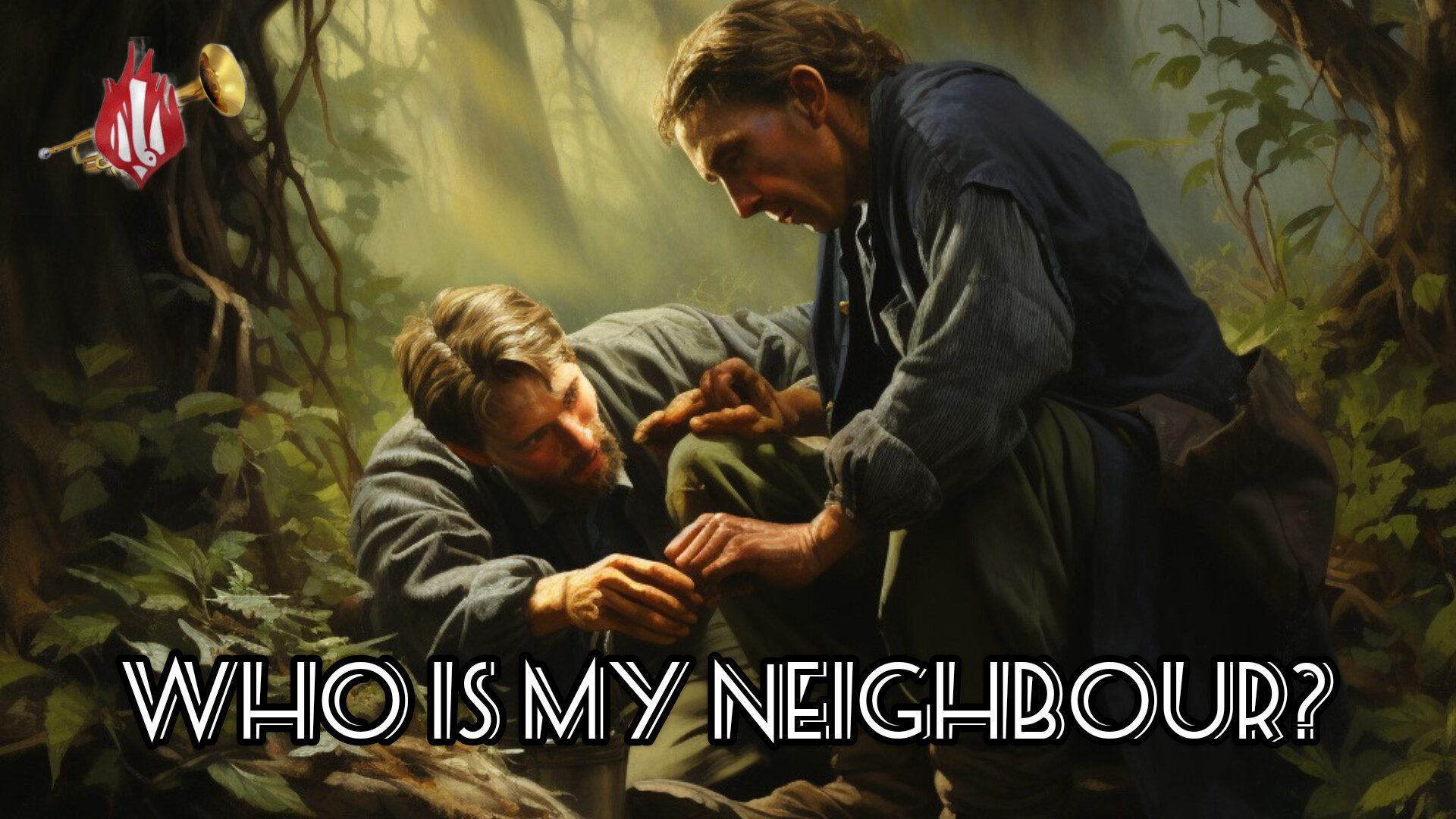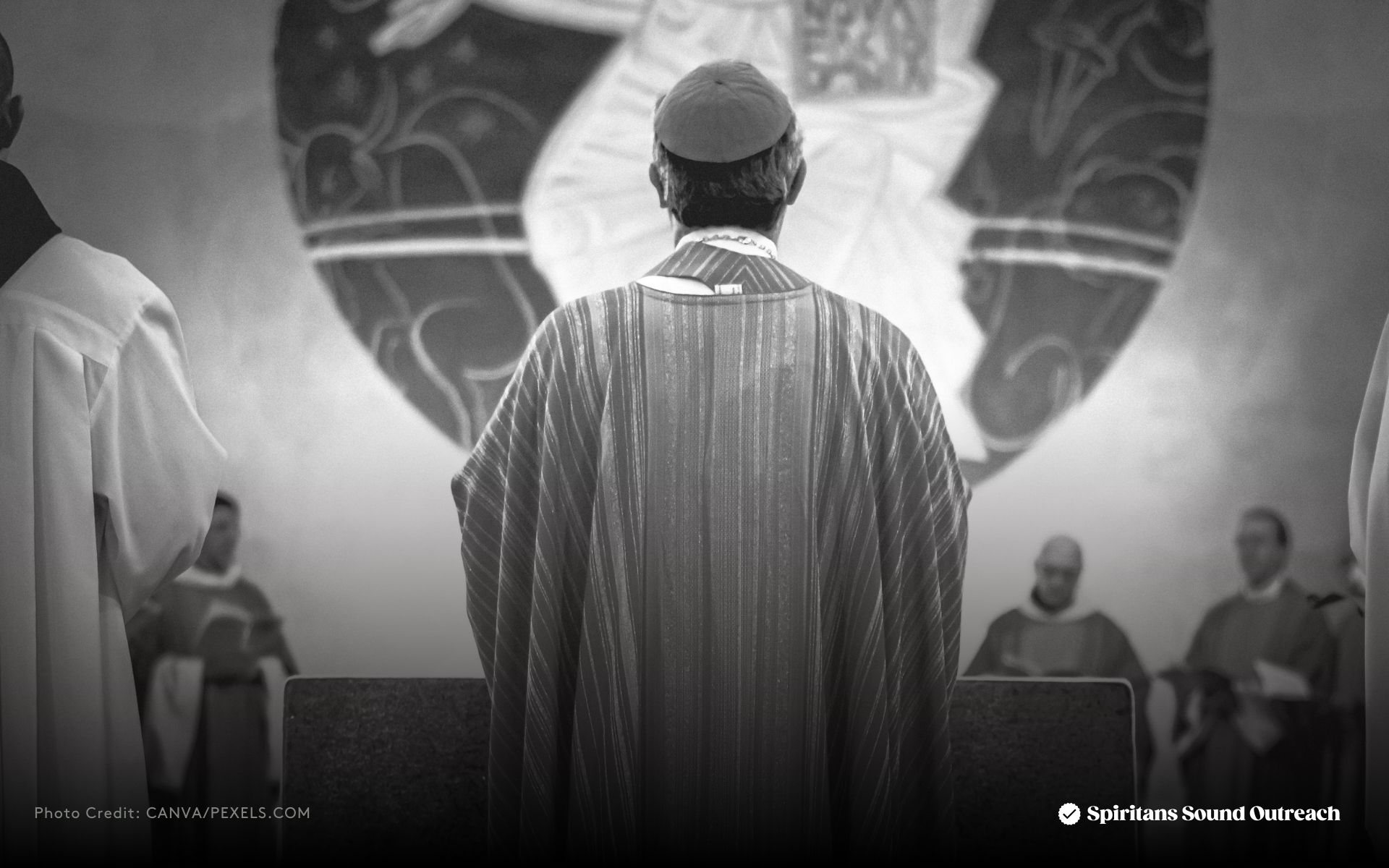The question, “who is my neighbour?” will cease to arise the day we realize that we are responsible for everybody. As true Christians, our love and care is meant to be shown to whoever is in need. The consideration for age, gender, status, race, or any other form of affiliation only point to discrimination.
In the gospel of today, Jesus addressed the lawyer who stood before him to justify himself. He presented to him the parable of the good Samaritan who came to the rescue of the man who was attacked by brigands on his way to Jericho. A priest and a Levite saw him but for their religious observances decided to take the other side of the road, perceiving he was dead. The Samaritan did not bother about any form of backlash that may come through his intervention. He simply took him for medical treatment. What was utmost in his mind was the instinct to save a dying soul.
Throwing blame can stiffen our capacity for help.
At times, we choose not to help because we think that the one who request our help are the cause of their predicament and we allow them to rotten in their condition. The victim in the parable was expected to know how dangerous it is to travel alone along Jericho Road where traders often go in convoy because of brigands who terrorize people along the route. Nevertheless, the Samaritan suspended his judgement and swiftly sprang into action. We can help believing that people can learn from their past experiences. When we see a group of people suffering, we should not begin to ask, who is my neighbour?
Who is my neighbour?
We become a neighbour to others when we make ourselves present to them in their times of need. We need one another. When we ask that question, “who is my neighbour?’ we must be sure that Jesus is one. He meets us everyday in the faces of those in need. He made it clear in Matthew 25:39, “Whatsoever you do to the least of my brethren, that you do unto me.” By serving our neighbour, we are serving God. Shalom.









